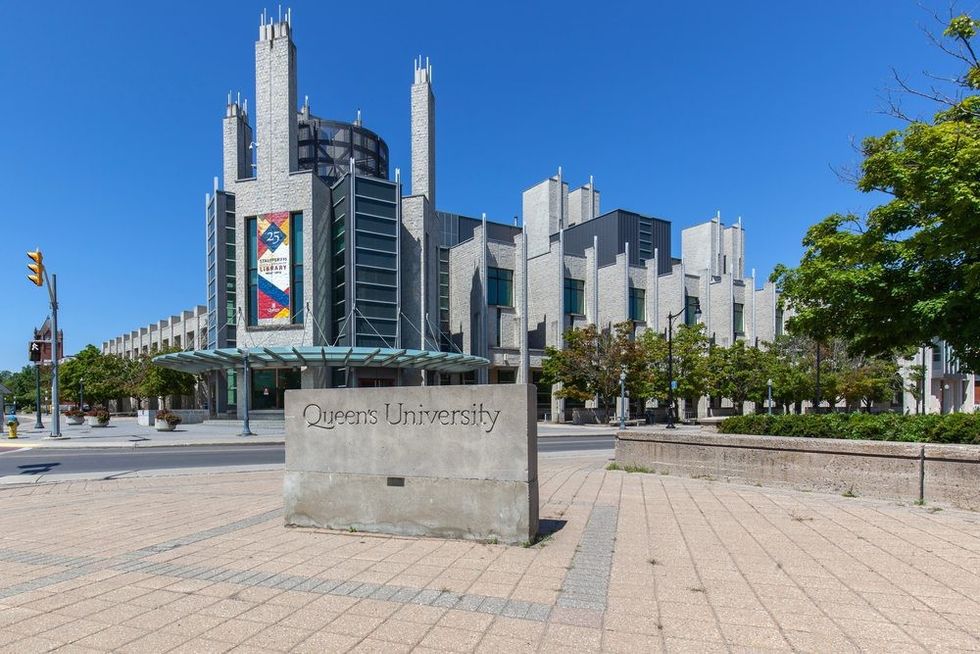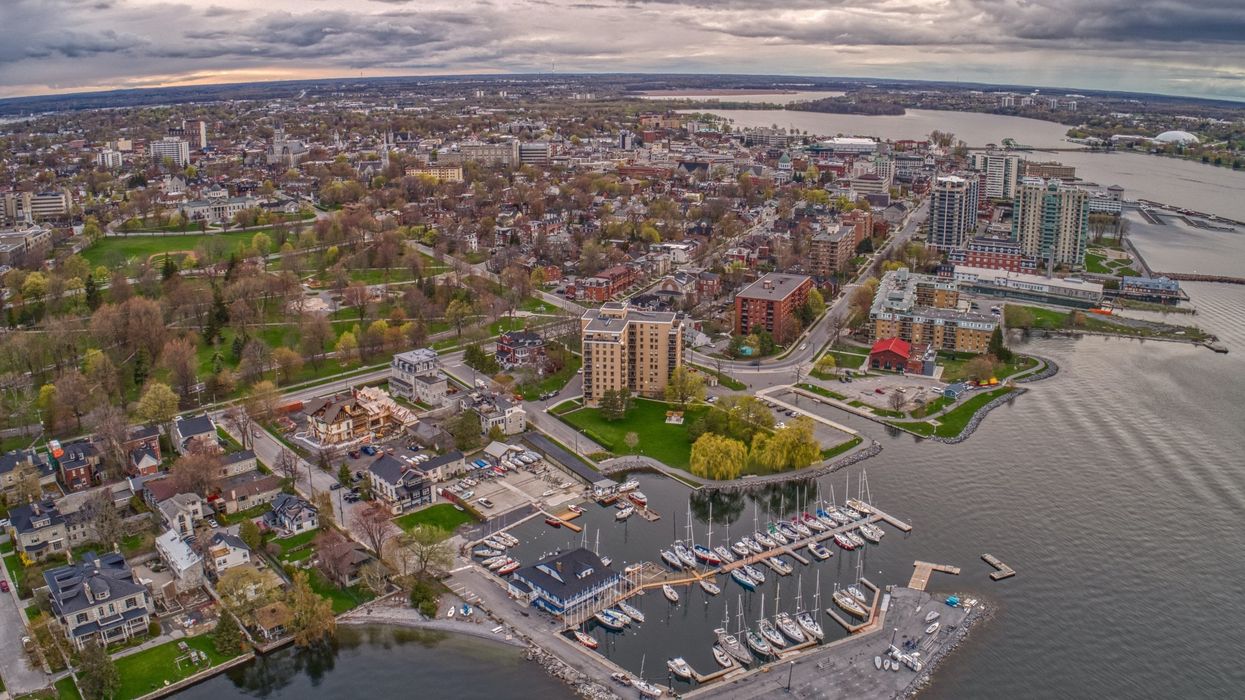Large urban centres tend to get all the attention when the discussion turns to red-hot real estate markets, but regional hubs like Kingston are where the real growth is. Or was, at least in 2021.
A report from Royal LePage says secondary markets in Ontario saw more price appreciation than the GTA, Canada’s largest metropolitan region, but they’re also struggling with capacity.
“If you look at Windsor, London, Kingston and Belleville, the secondary cities in the country are growing more rapidly than the GTA, but that trend goes back to around 2015 when we introduced the concept of the exurbs,” Phil Soper, CEO of Royal LePage, told STOREYS. “The challenge in our smaller cities, like Cambridge or Kingston, is that they’re growing so rapidly that it’s pure capacity and there’s no way they can keep up with demand.”
READ: You Better Get Used to All These “Ordinary” Houses Selling for $1M
New construction, hampered by a supply chain that can’t deliver materials fast enough and a labour shortage, cannot keep up with demand, Soper added.
Detached home prices increased by 38.1% year-over-year in 2021, the highest anywhere in Canada. The city’s growth is perhaps all the more surprising considering that Ontario has become the country’s largest donor of people, who are mainly moving to Alberta, Atlantic Canada, BC, and Quebec.
“It was a real shift that appears to be a combination of an extended work-from-home trend and moving to affordable areas,” Soper said.
Bill Stevenson, a realtor and owner of Century 21 Champ Realty in Kingston, says house prices in the city have surged by around 50% since 2019.
“It was starting to move towards a seller’s market before the pandemic, but not crazily in the way it is now,” Stevenson said. “If you go back to 2018, you could buy things under asking. By 2020, there were only one or two offers, but not 23 like there are today. Then, you would have had to go $10,000 over asking, not $260,000 over asking.”

Demand is too high in Kingston and it has spilled into nearby Belleville, Trenton, and Brockville. Stevenson explains that it was a buyer’s market 10 years ago, with six buyers for every 10 houses, but today there are probably three houses for every 10 buyers. Still, scenic waterfront properties in Kingston trade for much less than they do in Muskoka, Stevenson says.
“Every house that comes up holds the offers on it and there’s a bidding war on everything. It’s not just here. I had an offer on a place in Brockville and it had 15 offers,” he said. “I had another house in Prescott just before Christmas and it had 12 offers.”
Kingston is about halfway between Montreal and Toronto, and in addition to being about a couple of hours from Ottawa, it’s also close to the US border. Stevenson says the quaint city is popular among retirees and professionals in their prime.
“It’s a much quieter lifestyle. A lot of people want to move here because there’s less stress in general in these smaller place like Kingston, and that’s another attraction to people.”





















